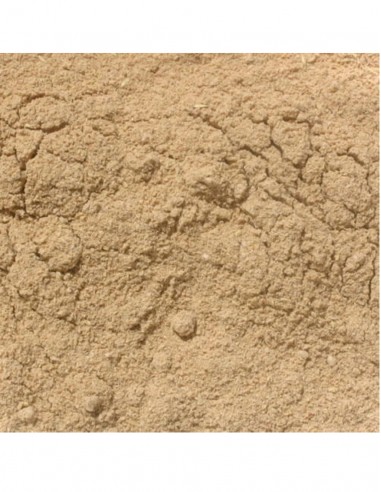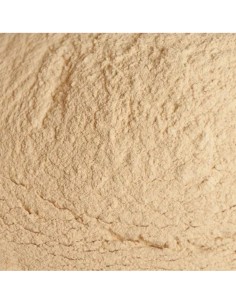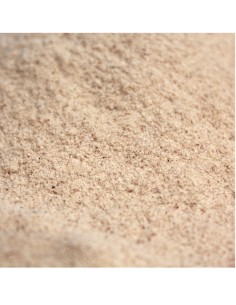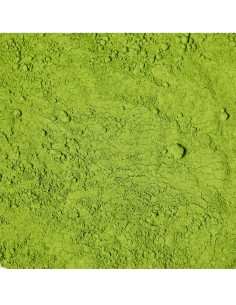Price per kilo
Psyllium seeds (Plantago ovata) when in contact with liquid can increase up to 50 times their own volume, being an excellent alternative to the use of wheat or other cereals with gluten in the manufacture of bread. Excellent source of fiber.
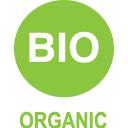 |
 |
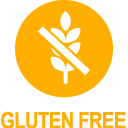 |
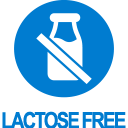 |
 |
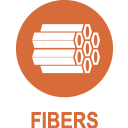 |
 |
By buying this product you can collect up to 39 loyalty points. Your cart will total 39 points that can be converted into a voucher of €2.44.
PSYLLIUM OUTROS MONTES
Psyllium is the designation of the husks of the plant's seeds (Plantago Ovata). Excellent source of soluble fibers, which allows them in contact with water to expand and become mucilaginous. Suitable for individuals who want to increase fiber consumption, for diets low in carbohydrates, appetite control.
Ingredients: 100% Psyllium*. *All raw materials are produced from organic farming.
Psyllium, seed husks with Super Powers?
Properties
- Psyllium husk (external coating of the seed) has high nutritional value: proteins, polysaccharides, glycosides, vitamin B1 and choline;
- Contains high fiber content, composed mainly of hemicellulose (complex polysaccharide partially digested in the colon part and nourishes the intestinal flora).
Benefits
- Combats Constipation: As psyllium moves down the digestive tract, it absorbs water in the intestines, swells and contributes to the formation of gelatinous stools that are soft and easy to pass; Indicated for those who suffer from hemorrhoidal, or hypersensitivity to the presence of fibers
- Improves Cholesterol Levels: Soluble fiber interferes with the absorption of bile acids in the intestines, which forces bile acids to be excreted in the feces. In this process, LDL cholesterol (bad cholesterol) levels are reduced;
- Irritable Bowel Syndrome (IBS): IBS is a common chronic gastrointestinal disorder and soluble fiber causes less abdominal pain, bloating/bloating and flatulence;
- Diabetes: Some research suggests that soluble fiber, such as psyllium, can help people with type 2 diabetes control their blood sugar levels.
- Weight control: being a source of soluble fiber, which absorbs water and forms a gel in the digestive tract, consuming psyllium helps to slow down the process of digestion of food, giving the body the possibility to extract more nutrients from food;
- Prebiotic Effect: Prebiotics are non-digestible compounds that nourish intestinal bacteria and help them to grow. Researchers believe psyllium has prebiotic effects
Average Nutritional Value for 100g:
|
Energy |
2324 Kj / 556 Kcal |
|
Fat |
0g |
|
Carbohydrate |
89g |
|
Fibers |
78g |
|
Protein |
11g |
|
Salt |
0g |
Gluten-free bread recipe:
300g gluten-free oatmeal, 100g coconut flour, 300 g of starch, 2 tbsp of Psyllium, 2 tbsp of olive oil, 1 tsp of salt, 22g of yeast baker, 1 tsp of coconut sugar, 400-500ml of warm water. Add the yeast and the coconut sugar to 100ml of warm water, then add the remaining ingredients solids and the remaining water. Mix well and refrigerate the dough in the refrigerator. Remove small portions of the leavened dough and form balls. Cover with film and let stand for a hour. Take the breads to the preheated oven at 180º for one hour.
Use conditions: Best before: see packaging. Store in a cool and dry place.

